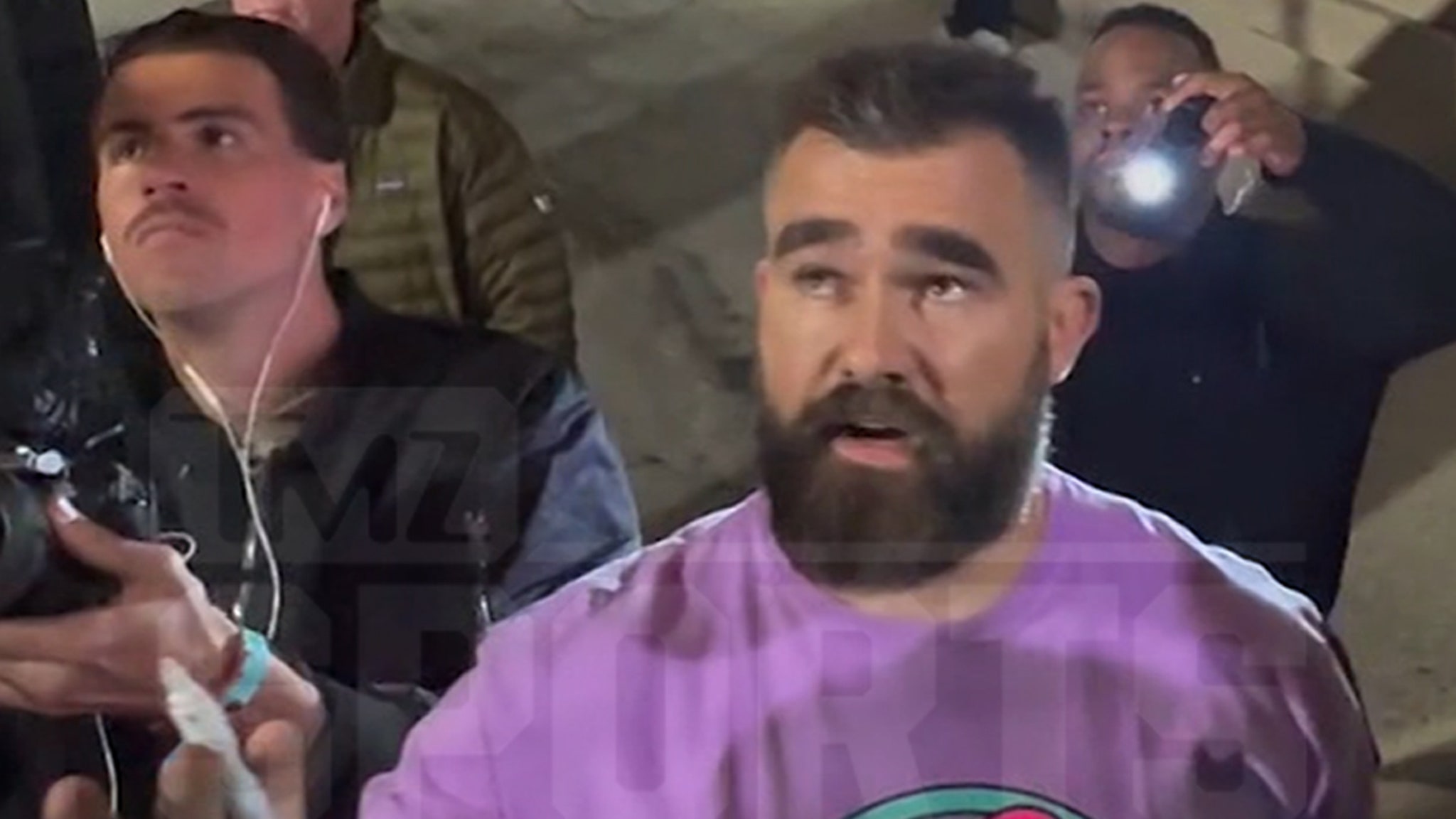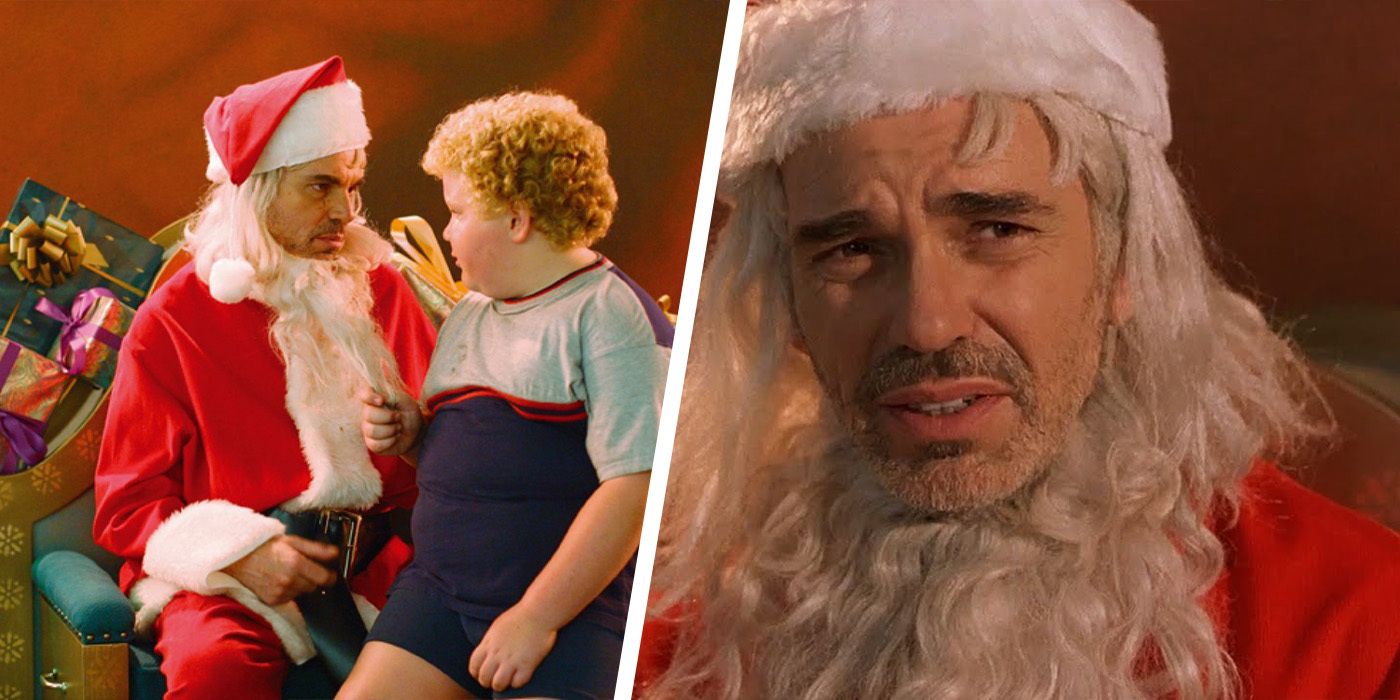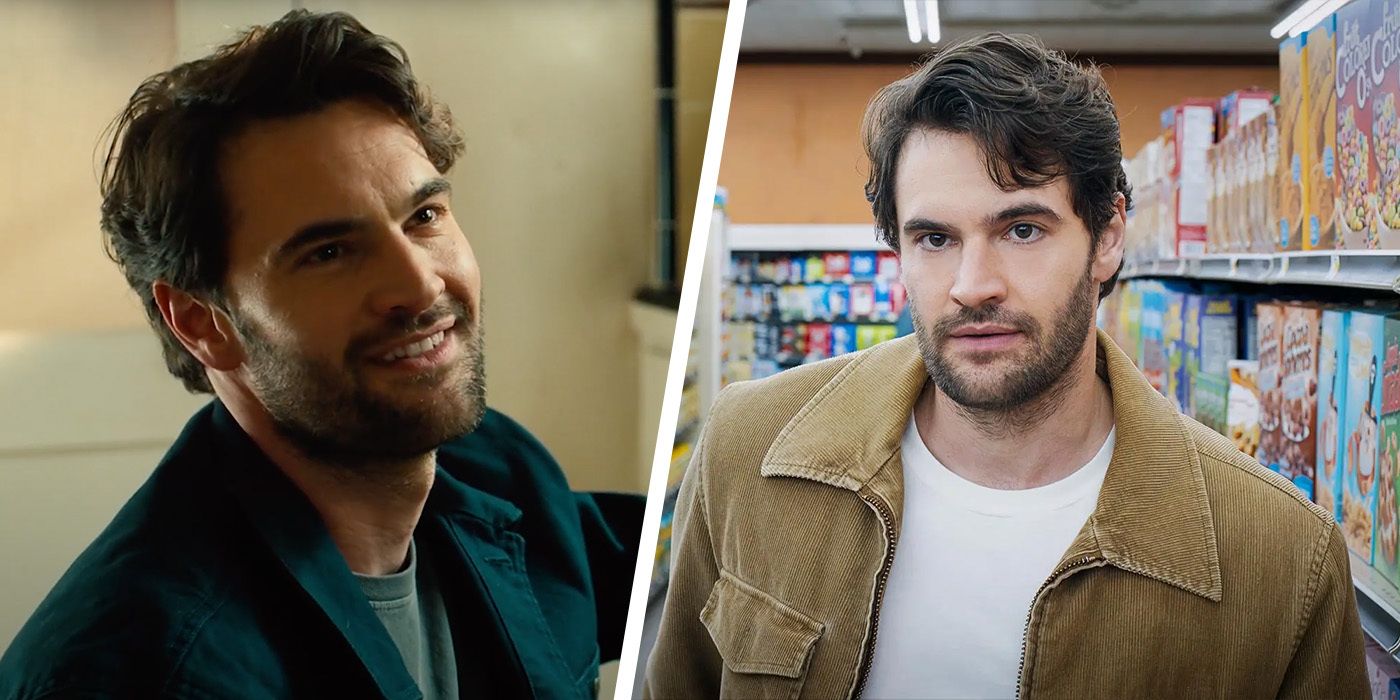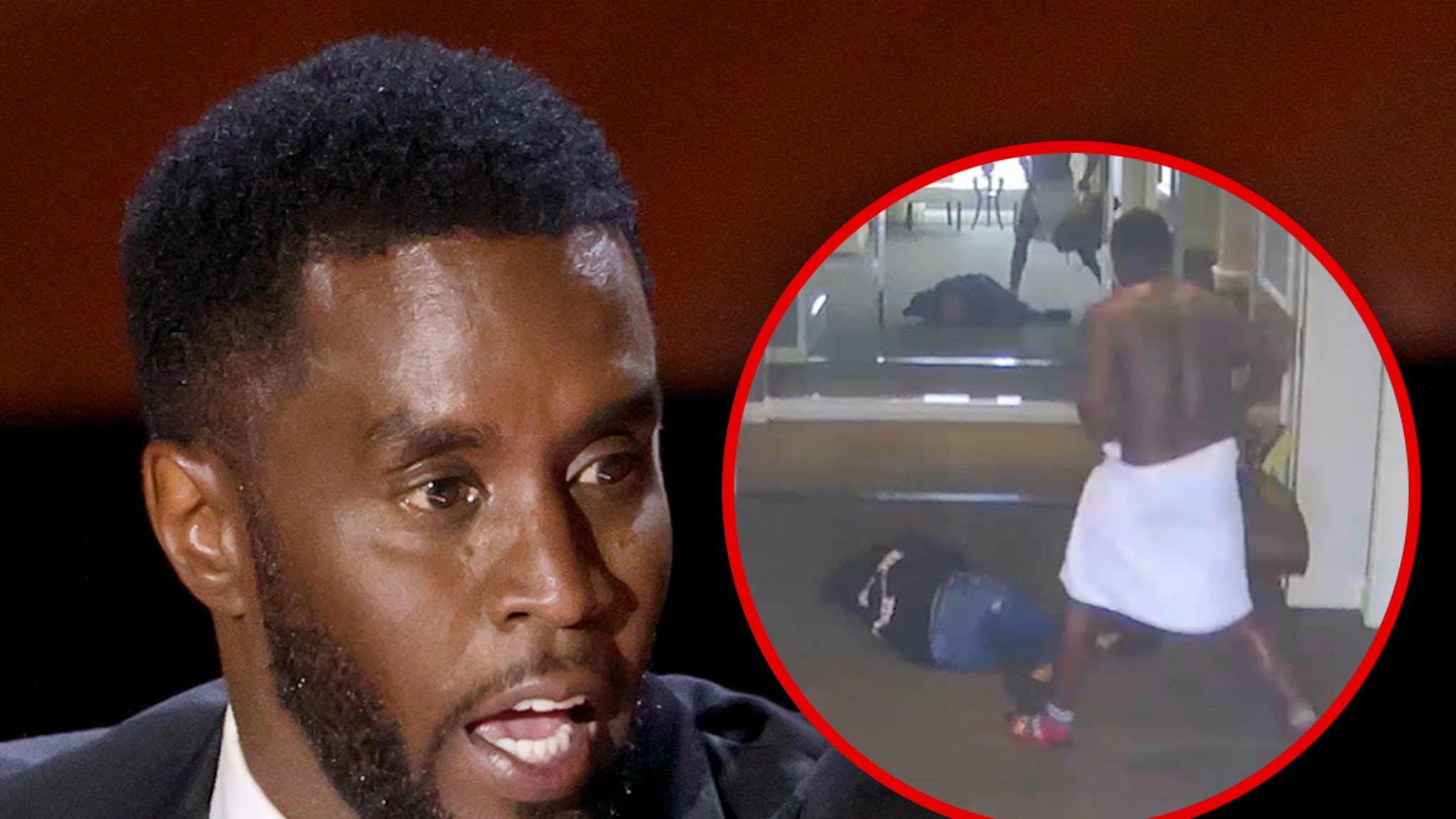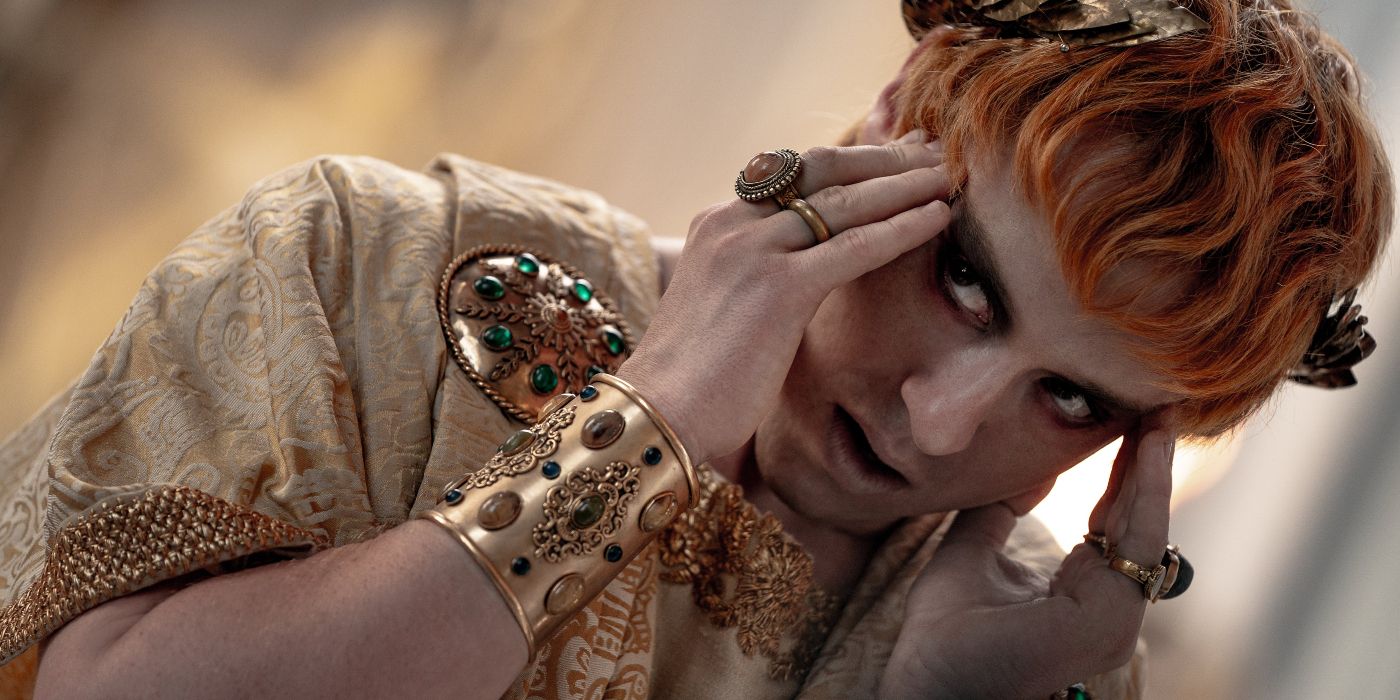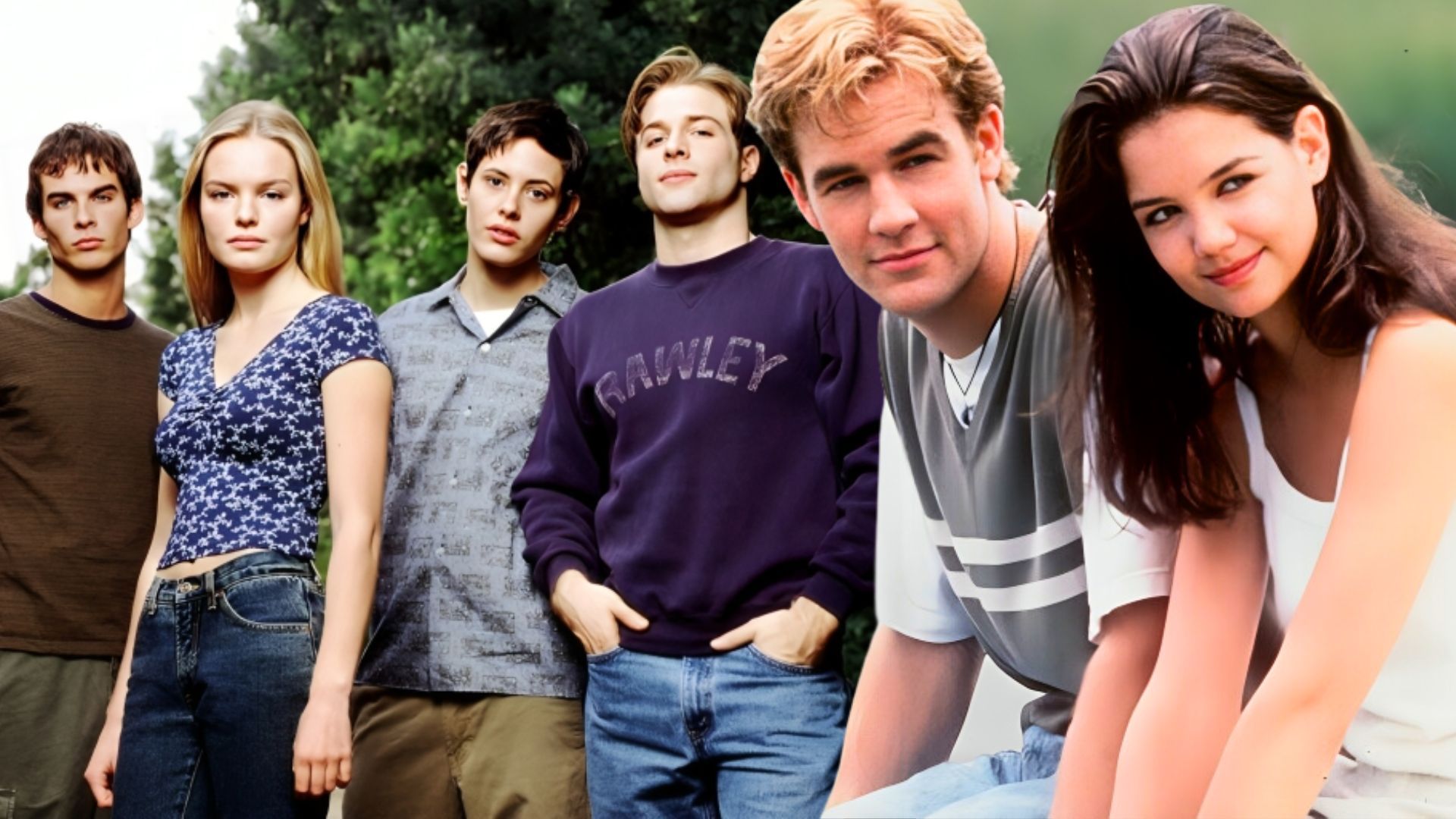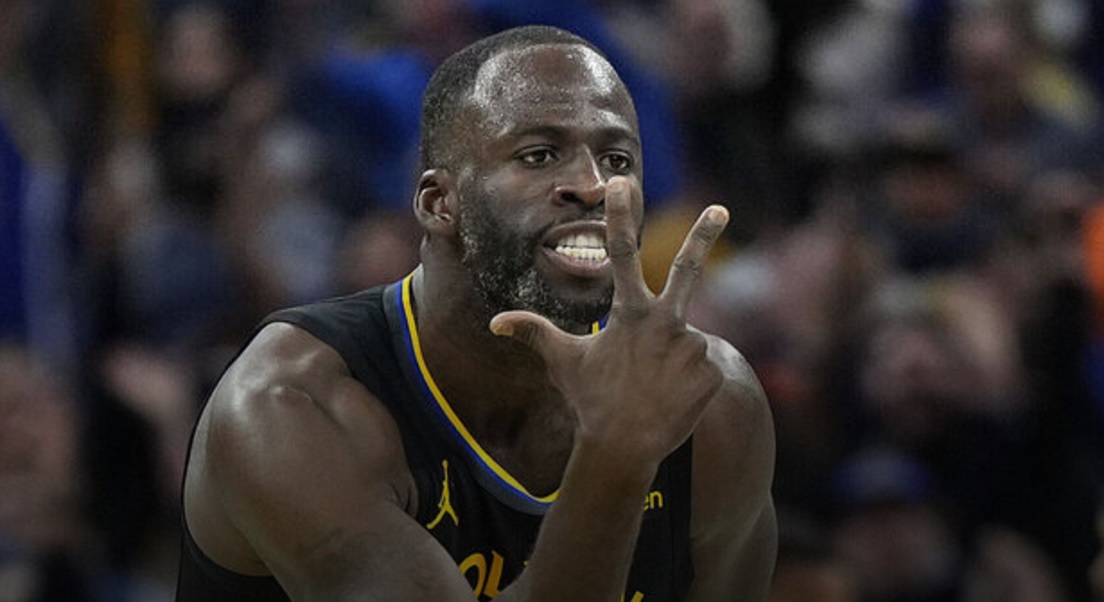When we first meet Favier’s central character, the 15-year-old Lyz (Noée Abita), she is rigorously training in the cold, stomping the ground in rapid steps that simulate the motions of skiing. In the backdrop are the majestic, snow-clad French Alps she can’t help but glance at longingly, even when her coach curtly asks the ambitious rookie to step aside and not be in everyone’s way. In these tone-setting opening moments of her powerful, meticulously calibrated film—and many other similarly intricate scenes that follow—the filmmaker stays close to Lyz’s receptive face, as well as her magnificently deep and wide eyes that still linger in a territory of childlike innocence, capturing her insatiable desire to make it to the top and to be seen for who she is in the process.
In that regard, “Slalom” rhymes with the likes of Andrea Arnold’s “Fish Tank” and Joyce Chopra’s “Smooth Talk,” in telling an age-old story of youthful mental and emotional hunger, sadly susceptible to abuse in the manipulative hands of grown-ups. In the case of the talented loner Lyz, whose life lacks sufficient adult guidance with an absent father and a caring but self-centered mother, Catherine (Muriel Combeau), that predator ends up being no other than her overpowering ski coach Fred (Jérémie Renier). At first hard on the inexperienced high-schooler in the exclusive ski club famous to raise leading professional athletes of the country, Fred changes his tune in time, designating Lyz as his new star trainee, buttering her up with confidence-boosting compliments and motivational pats on the back.
Well, they are at least supposed to be motivational, but audiences will be quick at picking up on his subtly inappropriate physical contacts and longer-than-necessary, domineering glances towards Lyz. There is also all the constant, carefully planned grooming that confirms our most demoralizing suspicions about Fred—improper talks about the beauty of Lyz’s menstrual cycle, constant praises to heighten her sense of pride, and so on. So when the unspeakable sexual abuse scenes arrive, filmed with a sense of toughness and unforgiving veracity—sometimes just a little too close to exploitation themselves—you will recognize that you’ve been cringing all along, hoping to somehow avoid seeing the inevitable. And you will also realize that you’ve been several steps ahead of the young girl, who can only respond to the atrocity thrown her way in utter shock. Lyz’s silently emerging perception mixed with a side of stubborn denial is all too damning to witness: while she was busy feeling a crushing disappointment towards her mother who starts a new job away and a new romance to boot and winning her competitions one by one, Fred has been sinking his claws deep into her somewhere behind the scenes.
You can view the original article HERE.

